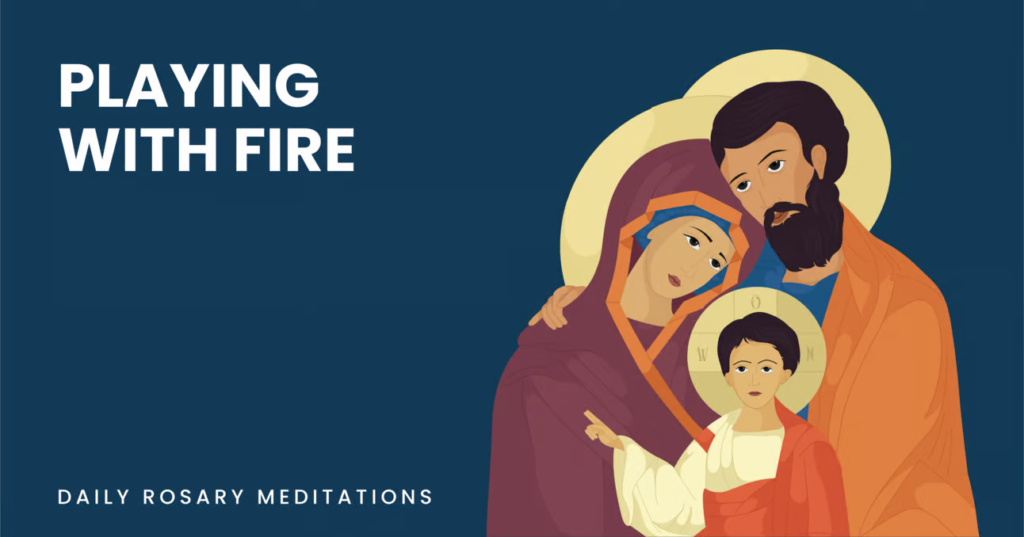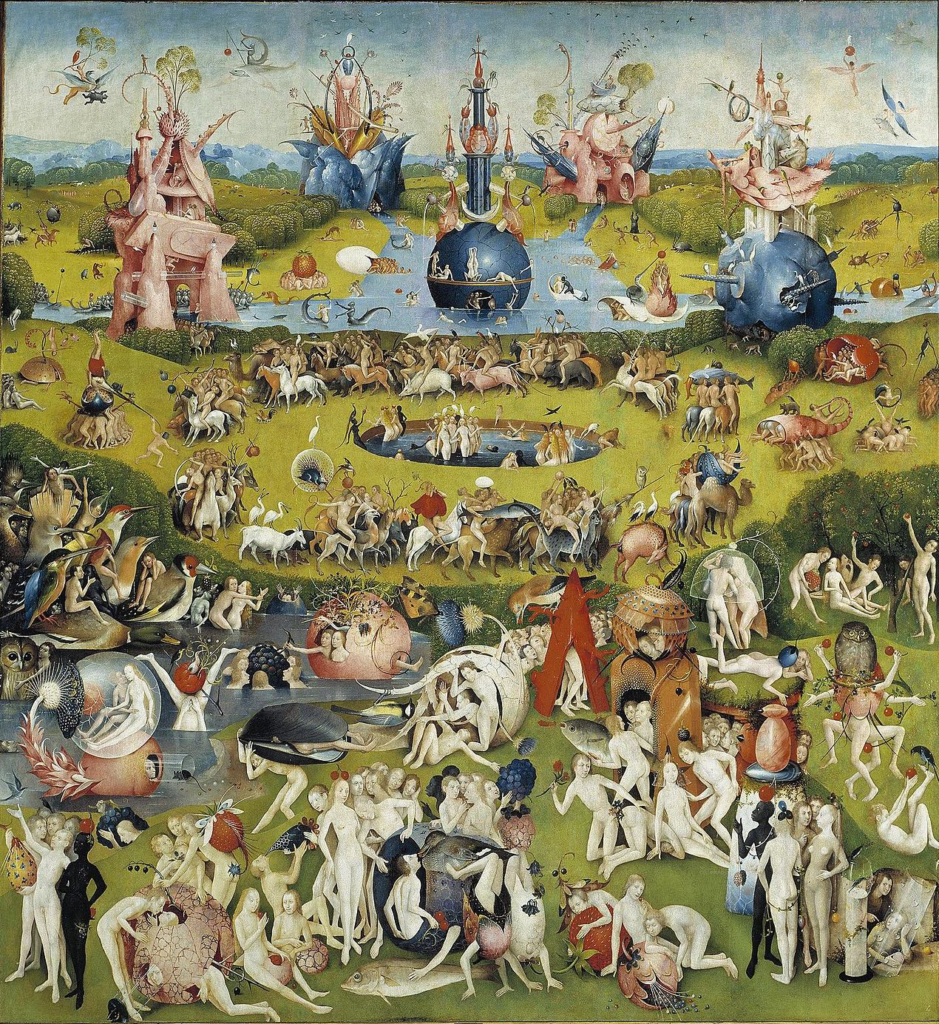Playing with Fire
Vice and temptation are omnipresent in today’s world, making it all too simple to succumb to one or the other. Sadly, it often appears that humanity instinctively opts for sin, as it instantly satisfies our desires. However, it requires continuous vigilance and determination to pursue virtue, the more challenging yet ultimately more rewarding path. A recent episode of the Daily Rosary Meditation podcast discussed this topic, highlighting how we frequently “play with fire” by lingering near our temptations.

The segment of the Rosary podcast that resonated with me highlighted the concept that a wise person does not deliberately place themselves in situations ripe for sin and temptation. It’s a common oversight that we can actually take proactive steps to sidestep sin. We don’t need to face temptation daily just to demonstrate our resilience. For those battling addictions, it’s crucial to anticipate and obstruct the ease of giving into those addictions. As mentioned in the podcast, an alcoholic striving to avoid temptation wouldn’t carry a flask of whiskey with them.
Temptation in our Pockets
The smartphone is a burden many of us bear. It opens the door to a myriad of fascinations. Take, for instance, I am composing this post on my phone at this very moment. It’s quite convenient to simply pull out my phone and begin writing whenever inspiration strikes. However, I often catch myself reaching for my phone aimlessly, merely to alleviate boredom and kill time. Even though I don’t engage in anything particularly harmful on my phone, it does distract me from engaging in more meaningful activities.
Many individuals find it challenging to control their social media cravings, which often leads to time squandered. Indeed, it’s pleasant to view photos and celebrate the accomplishments of friends and family. However, the reality is that many people turn to social media to vent, express anger, or exacerbate their anxieties. Social media is paradoxical; we’re aware it doesn’t bring us joy, yet we continue to indulge in it. Even if our actions on social media aren’t inherently wrong, one must wonder if deliberately fostering anxiety or depression is beneficial in any manner.
Rosary to the Rescue
When I think about battling my temptations, I meditate on the Fourth Luminous Mystery — The Transfiguration. The fruit of this mystery is a desire for holiness. And that is what we are confronted with every day — choosing what is holy or sinful. When we pray the Rosary, especially this mystery, we remind ourselves that we have a choice on how we spend our time. We can choose to make falling into sin more difficult by not indulging our temptations. We can engage in virtuous activities that lead to increased communion with God. If anything, those activities will put us in a better mood.
As we enter Holy Week and Easter, many of us find that we have some extra time. We may have time off from school or work. It is easy to fill that free time with smartphone screens or parties. But try this experiment. Try restricting or eliminating aimless screen time. That may mean (gulp) sitting in silent contemplation for a while. I encourage you to use this time of Holy Week and Easter to deliberately increase in holiness. Time spent praying in an empty church or Adoration is time well spent.















